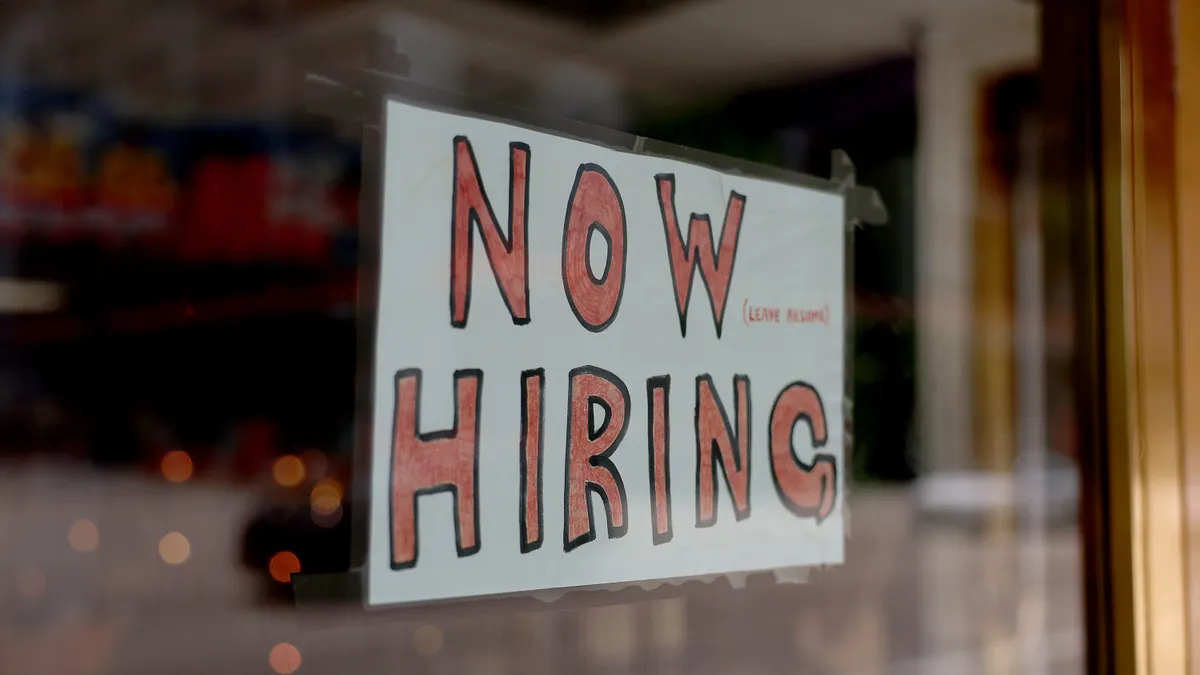Employers are increasingly focused on soft skills during the job hunt, with 60% saying soft skills are more important today than five years ago, according to a June 9 report from TestGorilla.
More than 70% of employers said evaluating the whole candidate — both skills, personality and cultural fit — leads to better results. In fact, 78% said they hired a candidate with strong technical skills who didn’t perform well because of a lack of soft skills or cultural fit.
“Employers want people who can think critically, adapt and collaborate,” said Wouter Durville, CEO and co-founder of TestGorilla, in a press statement. “The best hiring strategies now combine objective data with a holistic view of the candidate — their skills, values and cultural alignment.”
In a survey of more than 1,000 U.S. and UK hiring decision-makers, 85% said they use skills-based hiring methods; more than half of U.S. employers said they’ve removed degree requirements from roles.
Employers also indicated a major shift in skills priorities amid a labor market transformed by artificial intelligence. About 70% of U.S. employers said they now use AI in hiring, and 92% of those said it has improved their hiring.
At the same time, many employers said they still struggle to find talent, with 63% finding it harder than last year to secure prime talent. Meanwhile, employer demand for AI-specific skills has declined, dropping from 52% in 2024 to 38% in 2025.
Workers with soft skills get promoted faster than those who lack skills such as problem-solving, decision-making and good communication abilities, according to a LinkedIn report. For talent professionals, this means upskilling initiatives and the hiring process should include a focus on soft skills.
AI tools will transform talent acquisition during the next few months, and companies and job seekers alike will increasingly use AI in the hiring process, according to a LinkedIn Talent Blog post. Employers and applicants can expect to demonstrate more transparency about AI use.
The top in-demand skills in the U.S. include AI literacy and conflict management, according to another LinkedIn report. The list also heavily features other “people” skills such as adaptability, innovative thinking, public speaking, customer engagement and stakeholder management.













